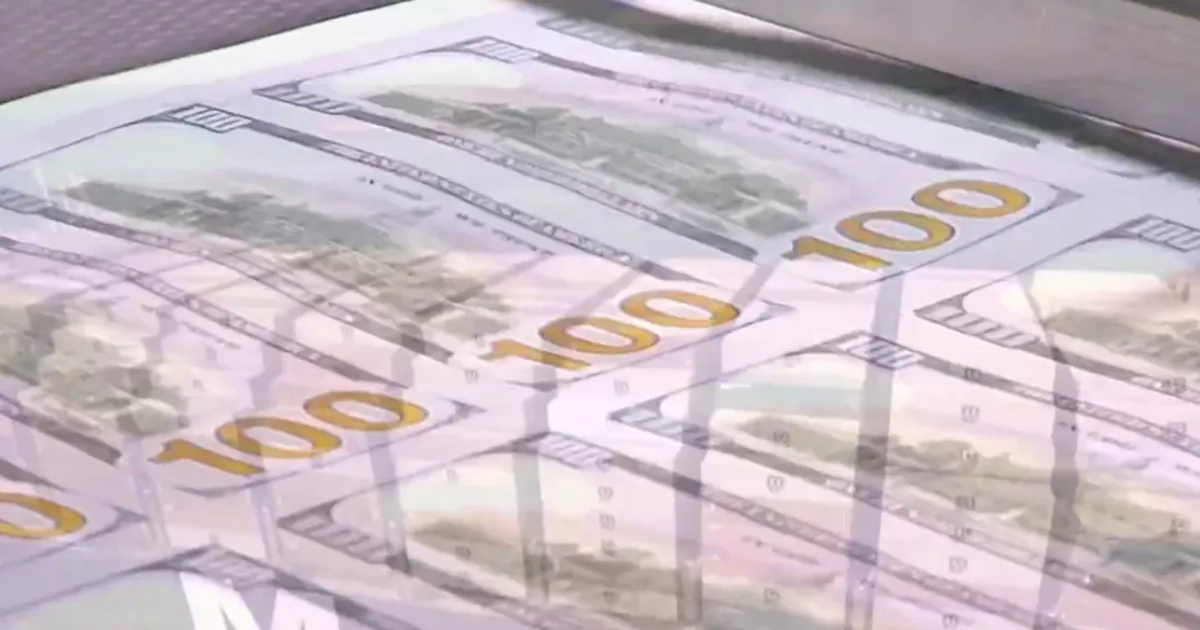Americans and U.S. markets are preparing for more tariff turmoil after the next round of levies took effect over the weekend.
People are already feeling the effects of the newly imposed tariffs reverberating through the market and one of the concerns for consumers is how will their retirement funds be affected.
Pre-market estimates are holding true as the U.S. stock market began the week where it ended last week, in the red and entering bear market territory.
There are also growing fears of a possible recession.
“We are going to have to pay massive taxes on everything we import and the consequence is a lot of companies are simply not going to invest until the tariffs are lifted,” said Daniel Di Martino, an economist. “So we may be headed for a recession because of that big drop in investment and high prices for consumers.”
Consumers are paying higher prices while watching their retirement funds dwindle.
“As hard as it is, try not to panic,” said Craig Kirsner, a wealth management professional. “We go through these pullbacks on a regular basis. Unfortunately, when the markets go up for 15 or 16 years in a row, and especially the last two years when they went up almost straight, you know it puts people in a sense of complacency that things will just keep going the way they are, which we all hope for, but the reality is markets don’t go in a straight line. We have boom times and bus times and that’s just the cycle of the economy and the stock market.”
It’s been a brutal cycle lately.
Stocks were hit hard Monday morning with the S&P 500 opening down 4%.
The Dow Jones Industrial Average tumbled more than 1,300 points after 1,500 point drops in back-to-back days last week for the first time.
And the Nasdaq Composite declined another 4%.
This comes on the heels of last week’s historic declines.
On Thursday and Friday alone, U.S. markets lost nearly $6 trillion in value.
It was the worst week since March 2020, which was the beginning of the pandemic.
The Monday morning drop comes on the heels of the president’s baseline 10% tariff that went into effect over the weekend.
“The economy likes certainty and when you have tariff implementation and countries going at it against each other, that’s not going to create a background and foundation of certainty for businesses and individuals,” Kirsner said.
As for what people should do now, Kirsner said jumping in and out of the stock market is very risky and looking at the big picture is key.
“Time in the market is typically the best and the longer you have, these short term gyrations aren’t as painful to you, number one, and number two, make sure you have the right risk for you, so you don’t have as much volatility if you can’t handle this kind of volatility.”
President Trump does not appear to back down at all and posted this morning on “X” in part “If China does not withdraw its 34% increase above their already long-term trading abuses by tomorrow, April 8th, 2025, the United States will impose additional tariffs on china of 50%.”
Kirsner said the hope is that the U.S. works out deals with other countries to bring a sense of certainty back to the economy.
